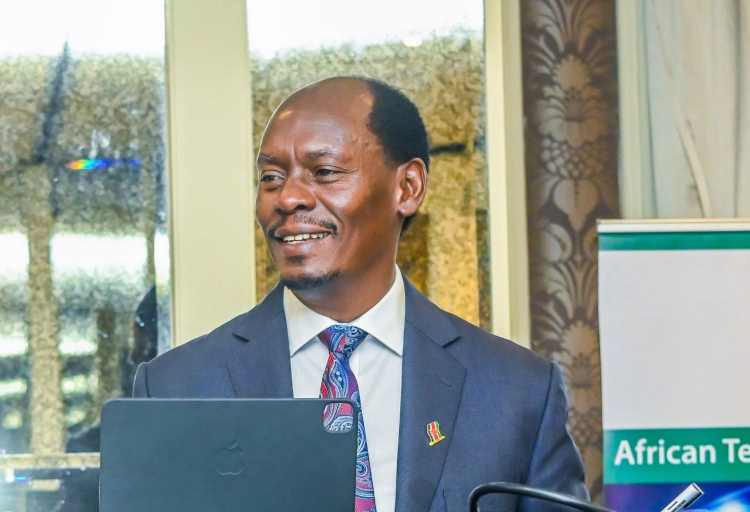Cabinet Secretary for Information, Communications, and the Digital Economy, William Kabogo has declared Africa’s digital future hinges on “steady collaboration, mutual support, trust, and innovation,” urging the continent to speak with one voice on policy, regulation, and standards to unlock transformative growth.
Speaking at the African Telecommunications Union (ATU) High-Level Breakfast with African Envoys Accredited to Kenya, held at the ATU Secretariat in Nairobi, Kabogo emphasized the strategic importance of Kenya’s role as host to the Union’s headquarters. “The Forum’s goal was clear: to establish a direct channel of coordination between the missions in Nairobi and the ATU Secretariat, leveraging our geographic proximity to drive unified action,” he said.
Flanked by Principal Secretary for Broadcasting and Telecommunications Mr. Stephen Isaboke, and joined by ATU Secretary General Mr. John Omo and senior diplomats from across the continent, Kabogo painted a bold vision: “Africa is at its defining moment on the digital journey. It is upon us to align our voices, laws, and regulations, using connectivity to transform lives, strengthen economies, and deliver on our shared development goals.”
He underscored that Africa’s strength lies in coordinated policy, harmonized regulation, and common standards, warning that fragmented approaches risk stalling progress. “Meaningful connectivity, digital inclusion, cybersecurity, and digital trust are not optional—they are the critical enablers of commerce, transparency, and governance,” Kabogo asserted.
Highlighting the continent’s unique advantages, he added: “Our energy, innovation, and youthful population give us a dynamic edge to leapfrog legacy systems and lead global digital transformation, but only if we act together.”
The breakfast meeting, described by participants as a “diplomatic reset” for Africa’s ICT agenda, laid the groundwork for deeper collaboration between Nairobi-based missions and the ATU, with follow-up mechanisms expected to accelerate regional digital infrastructure projects, cross-border data flows, and cybersecurity frameworks.






























































